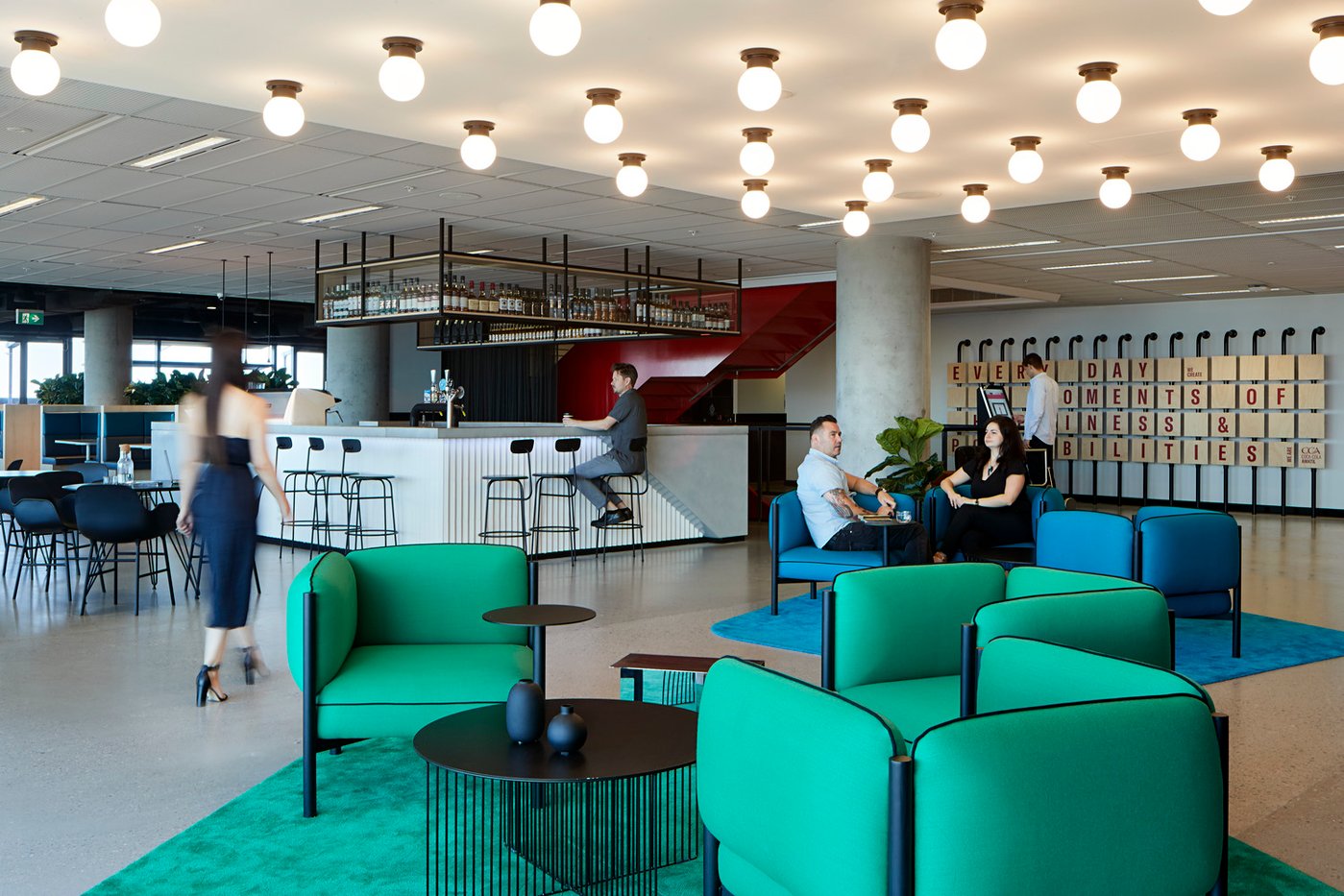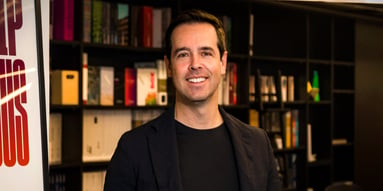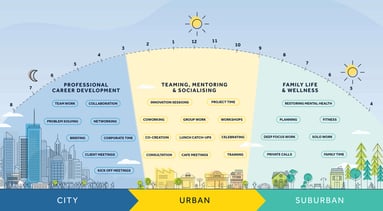It’s time to think differently about how we manage our property portfolios

Our Australian & New Zealand CEO, Emma Forster Mitrovski, took part in CoreNets’ panel discussion, along with other experts from Cushman & Wakefield and Ernst & Young LLP, to discuss the changing role of Facility Management (FM) in the post-pandemic era.
The ‘experience’ is key to successful real estate
Although the core focus for FM continues to be maintaining commercial properties’ standards and ensuring that regulations are met, property owners and facility managers need to consider a much wider range of aspects to keep real estate attractive to tenants and people going forward.
Priorities in the post-pandemic era include everything from managing the health and safety of workers related to the pandemic, adapting a hybrid work approach, and incorporating new technology and controlling costs. Beyond these aspects, landlords need to think about the ‘experience’ the space offers to ensure the future success of their bricks-and-mortar portfolio.
Emma Forster Mitrovski says that the pandemic has disrupted key “future of work” trends.
“Today the focus is less on managing the spread of COVID-19 in the workplace and instead more on enhancing the workplace experience and how we reinvent brands and rebuild culture through experiential workspaces.”
Reconnect with Purpose
Emma emphasizes that the priority should be to “Reconnect with Purpose” to successfully get workers back to office spaces.
“We need to take a more holistic approach to how we create experiences that help to attract and retain talent through bricks-and-mortar. To compete with the comfort of homeworking those experiences need to go beyond what someone can have when they are working remotely,” says Emma.
With workers spending less time in the office following the pandemic, many feel less connected to the business and its purpose. The workplace plays a critical role in cultivating a sense of belonging and maintaining the company culture.
“FMs need to put their thinking caps on around how they can create really special experiences worth commuting to," says Emma.
“As people return to the office, there is more focus on connecting with people’s values and purpose that didn’t seem to be at the forefront in the past. Companies want their people to feel something in that workplace and feel something that is unique to that brand.
It’s no longer about filling a fridge with free soft drinks, it’s about offering something new and different,” she adds.
Bringing in experiential design
Adding that layer of ‘experience’ to the office environment is exactly why Unispace acquired global experiential design firm, Downstream, in 2021. Downstream provides digital and physical experiences for a wide range of venues, including tech hubs, major sports venues, and flagship retailers. We are now seeing more of these digital experiences being incorporated into office environments.
Through Downstream’s digital overlay technology, the surroundings can shift depending on who is using the space. As an example, a university that is competing to attract a student athlete could change that digital overlay within a space or experiential center to show that athlete in uniform or on the basketball court with the team.
“It’s a very personal way of showing belonging and projecting feelings of inclusion,” says Emma. “People have been saying that in order to attract people back to the office, you need to have social events. I think it’s more than that. People can have social events in their private life. To bring them back to the workplace they need to understand what it is to belong and be a part of something greater than just themselves.”
This is why property owners and facility managers need to look to the learnings from the retail and hospitality sectors to create unique environments that people want to keep visiting.
---
Members of CoreNet can read the full report ‘The evolving role of Facilities Management’ here
Other panel speakers included:
Panel participants: Bryan Jacobs, President, Head of Global Facilities Management at Cushman & Wakefield, Greg Gratsch, Managing Director, Strategy and Transactions, Corporate Real Estate at Ernst & Young LLP.


